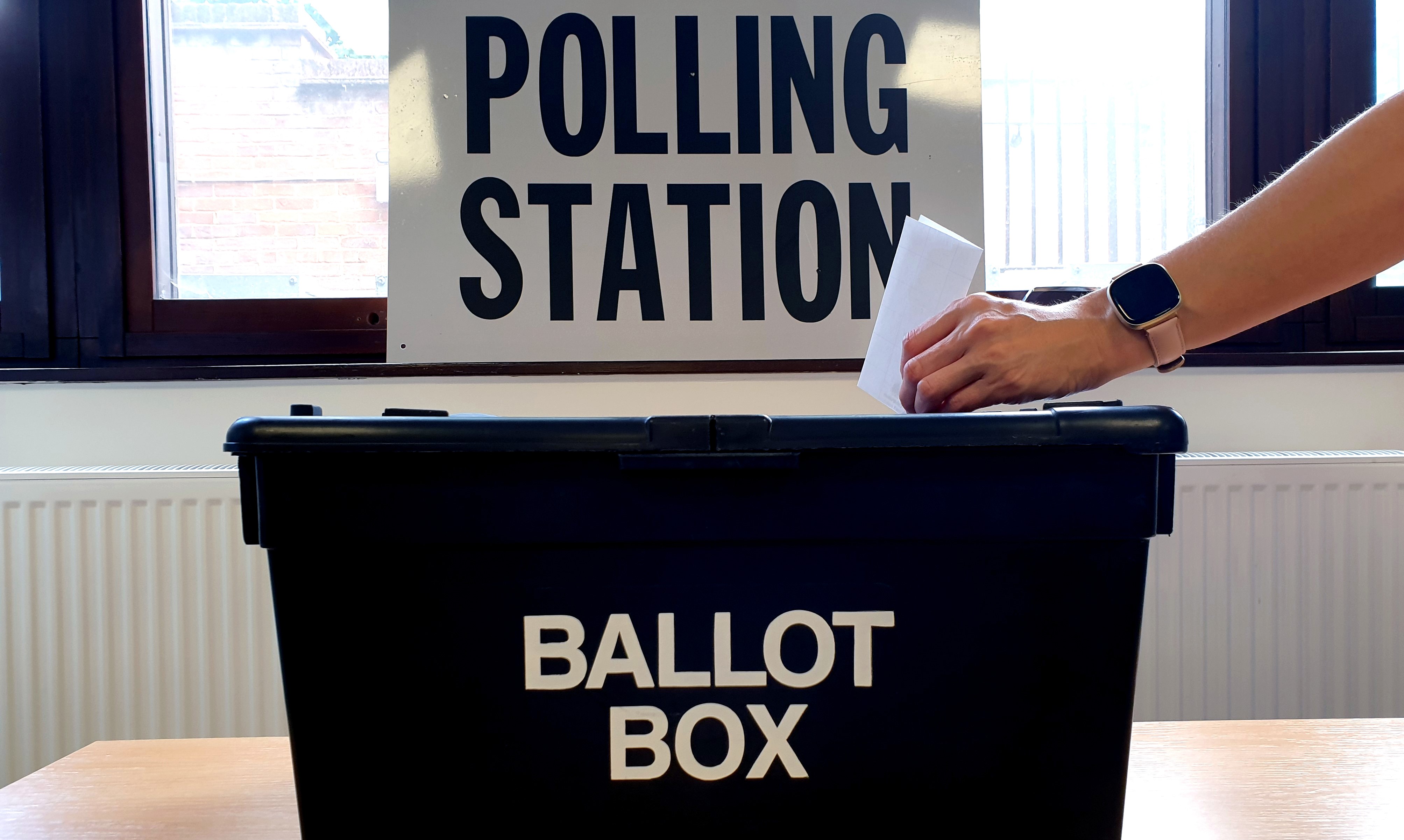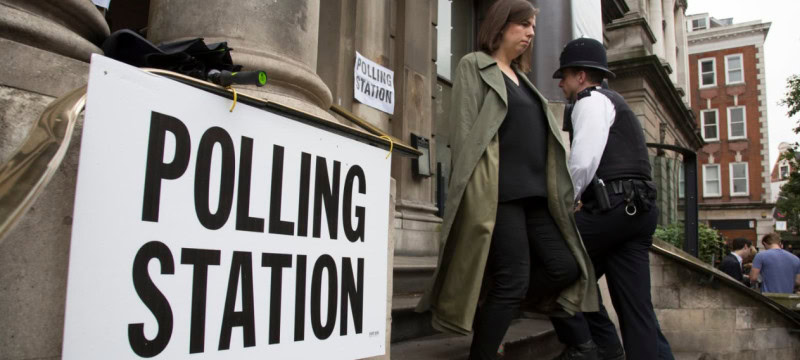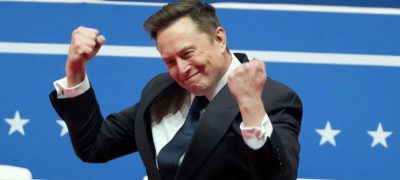Today, July 4, marks the UK General Elections 2024, where approximately 50 million registered voters out of a population of 67 million are casting their ballots to elect a new Prime Minister. Polling stations across the country are open from 7am to 10pm local time (06:00 to 21:00 GMT) to fill 650 seats in the House of Commons. Unlike the elected House of Commons, members of the House of Lords are appointed rather than elected.
The voter turnout was 67.3% in the 2019 UK general elections. There are 392 registered political parties in the UK, and elected representatives serve a parliamentary term of 5 years.
Read more: UK General Election 2024: England Heads to Polls Tomorrow
A majority in the House of Commons requires a party to secure 326 seats out of 650 parliamentary constituencies to form a government. The UK comprises four constituent countries: England, Northern Ireland, Scotland, and Wales.

The UK electoral system operates under the Constitution, where a party needs to secure a majority of at least 326 seats in the House of Commons to be invited by King Charles III to form a government.
To vote in the UK, registered voters who are legal residents must be aged 18 or older on polling day. Eligible voters can be British citizens, Irish citizens, or qualifying Commonwealth citizens, and they must present a photo ID when voting.
Overseas British citizens, estimated at three million by the Electoral Commission, may also be eligible to vote.
Voters can cast their ballots in person, by post, or through a proxy.
The UK employs a first-past-the-post electoral system, where the candidate with the most votes wins the election in their constituency, regardless of whether they secure a majority of the total votes cast.

Key players in UK politics include the Conservatives, also known as the Tories, a center-right to right-wing party led by Rishi Sunak, facing criticism for stringent immigration policies.
The Labour Party, a center-left party led by Keir Starmer, previously held power from 1997 to 2010 under Tony Blair and Gordon Brown. Blair’s decision to involve Britain in the Iraq War and allegations against Brown regarding a COVID-19 era birthday party have been contentious.
The Liberal Democrats, a center to center-left party led by Ed Davey, were in coalition with the Conservatives from 2010 to 2015 under David Cameron and Nick Clegg.
The Greens, focusing on left-wing ecopolitics, are led by Carla Denyer and Adrian Ramsay, while Reform UK, a right-wing party, is led by Nigel Farage.
In Scotland, the Scottish National Party (SNP), a center-left party, is led by John Swinney, and in Wales, Plaid Cymru, a center-left to left-wing party, is led by Rhun ap Iorwerth.
The Democratic Unionist Party (DUP), a center-right Northern Irish party, is led by Gavin Robinson.









